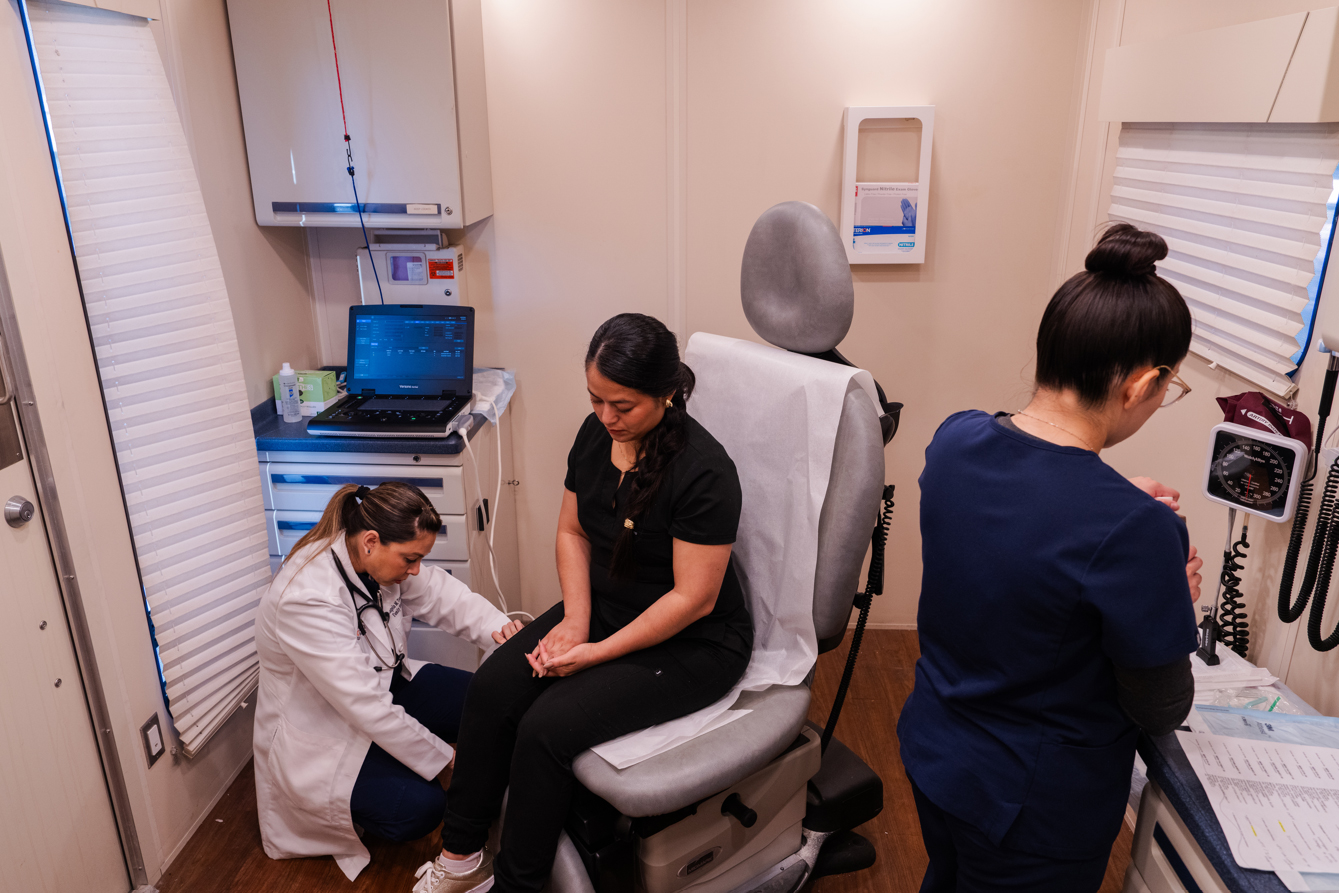Scientists at Nanyang Technological University, Singapore (NTU Singapore) have found how human cells distribute and maintain their cholesterol levels, aiding in research in neurodegenerative diseases such as Alzheimer’s disease, as well as cardiovascular diseases.
All the cells in the human body contain cholesterol, a waxy, fat-like substance and use it for vital body functions, such as building new cells, producing hormones, and even producing substances that help fight against pathogens.
Maintaining normal cholesterol levels within the central nervous system is essential for various processes, including the brain’s development and daily functions.
The cells in our body either produce cholesterol or acquire it through our diet and maintaining the appropriate levels and distribution of cholesterol within our cells is crucial, as failure to do so can lead to various diseases, including heart attacks and dementia.
Using a highly sensitive cholesterol probe in tests involving human cells, the team identified the key proteins involved in regulating and transporting cholesterol within cells, called OSBP1, ORP92, and gram domain-containing proteins 1 (GRAMD1s).
The study provides new insights into the precise mechanisms for maintaining cholesterol distribution within cells.
Lead author Associate Professor Yasunori Saheki, from NTU Singapore’s Lee Kong Chian School of Medicine (LKCMedicine), who led the study, said: “Our findings shed light on the critical mechanisms underlying cellular cholesterol distribution and their potential implications for various health conditions. This offers critical insights into the mechanisms underlying the maintenance of cellular cholesterol distribution. The study is of particular significance as disruptions in this process have been strongly associated with a wide range of neurodegenerative disorders, including Alzheimer’s disease.” Assoc Prof Saheki is also a cell biologist and a medical doctor.
The study’s first author Dr Tomoki Naito, Research Fellow from NTU LKCMedicine, said: “While cholesterol is essential for our cells, the mechanisms governing its distribution have long been a mystery. We found critical regulators of cholesterol distribution within our cells. Our findings mark a major milestone in fundamental cell biology.”
The study, which represents an advance in understanding the underlying biology of how the human body functions and becomes susceptible to diseases, reflects NTU’s commitment to responding to the needs and challenges of healthy living and ageing, which is one of four humanity’s grand challenges that the University seeks to address through its NTU 2025 strategic plan.
The findings were published in the scientific journal Nature Communications in September.
Everything in moderation, including moderation
Through using a cholesterol biosensor to measure levels of cholesterol, the researchers found that the proteins called ORP9 and OSBP regulate the distribution and abundance of cholesterol within the cell. They found that when ORP9 is deactivated, OSBP becomes hyperactive, resulting in an excess of cholesterol transported to other parts of the cell.
The team also found that the GRAMD1 protein was responsible for regulating the distribution of cholesterol in the cell, as they observed that cells without this specific protein had an abnormal distribution of cholesterol in crucial parts of the cell.
Assoc Prof Saheki explained: “A build-up of cholesterol inside cells might harm them by disrupting their normal functions. Too much cholesterol inside cells can also lead to them being oxidised into oxysterols, which can be toxic to cells. Not just that — regulating the amount of cholesterol is important as it affects the flexibility and fluidity of cell membranes. A healthy and low amount of cholesterol keeps them flexible and fluid, while a higher cholesterol level makes them stiff. When dysregulation of cholesterol takes place in brain cells, it has been linked to diseases such as Alzheimer’s disease and dementia. In the cardiovascular system, it could lead to heart attacks.”
Dr Naito added: “We are working hard to determine how the cholesterol regulators we identified in this study affect human health. I hope our future research findings will contribute to developing new therapeutic approaches to tackle diseases that arise from cholesterol dysregulation.”
The NTU team will be conducting further research to explore how to adjust the activities of these proteins within damaged cells to help them better regulate cholesterol, possibly leading to therapies that could one day help with dementia and heart attacks.


